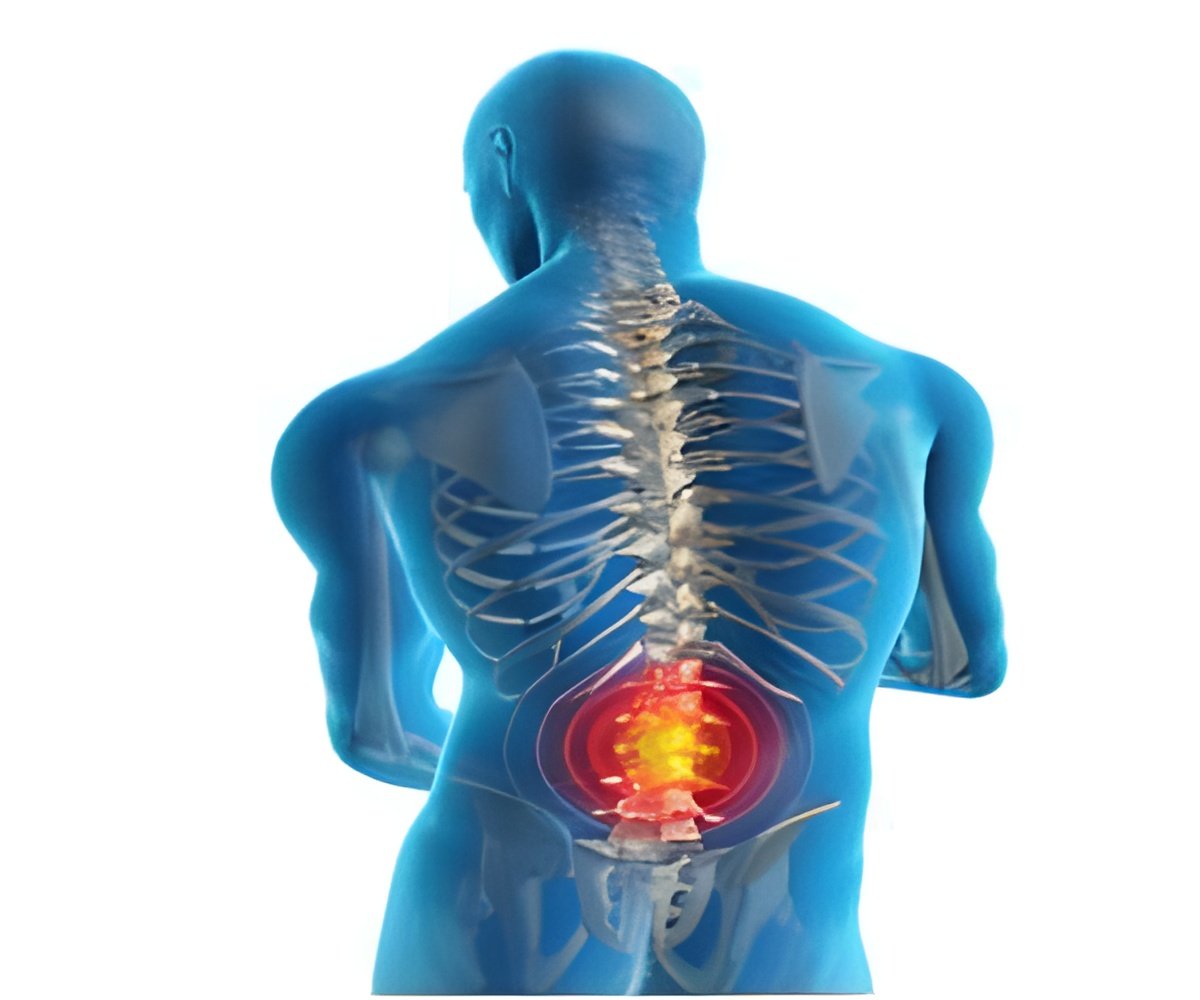A study published online in Health Services Research says that when doctors own or lease MRI equipment, their patients are more likely to receive scans for low back pain.

There is no definitive evidence that either MRI or surgery for low back pain improve outcomes, the authors say.
The study compared scan rates for Medicare patients of 1,033 primary care physicians and 1,271 orthopedists, before and after the physicians acquired MRI equipment - either by purchase, or by entering into lease arrangements whereby they billed directly for scans they ordered.
As earlier research has shown, when physicians begin self-referral for MRI they become significantly more likely to order scans: in this study the rate increased by 13 percent for orthopedists'' patients, and 32 percent for patients of primary care doctors.
What was more, patients who visited an orthopedist after he or she had acquired an MRI were 34 percent more likely to undergo back surgery within six months.
The study intent was not to assess whether the additional surgeries were necessary, Shreibati said. Yet, it did show "a direct relationship from imaging to surgery - in a group of patients where surgery is very controversial."
Jean M. Mitchell, Ph.D., professor of public policy at Georgetown University, said, "the main contribution of this research is what it shows about ‘cascade effects''" of self-referral - its impact "not just on the procedure itself, but things that happen as a result. If the patient hadn''t had the MRI, they never would have had the back surgery."
Advertisement
"Medicare spending alone would go down about 25 percent if self-referral were really policed or eliminated," Mitchell said.
Advertisement
The study authors presented an earlier version of the study at a research meeting in June 2010.
TERMS OF USE: This story is protected by copyright. When reproducing any material, including interview excerpts, attribution to the Health Behavior News Service, part of the Center for Advancing Health, is required.
Health Services Research is the official journal of the AcademyHealth and is published by John Wiley & Sons, Inc. on behalf of the Health Research and Educational Trust. For information, contact Jennifer Shaw, HSR Business Manager at (312) 422-2646 or [email protected]. HSR is available online at www.blackwell-synergy.com/loi/hesr.
Schreibati JB, Baker LC. The relationship between low back MRI, surgery, and spending:
impact of physician self-referral status. Health Services Research online, 2011.
Source-Newswise











